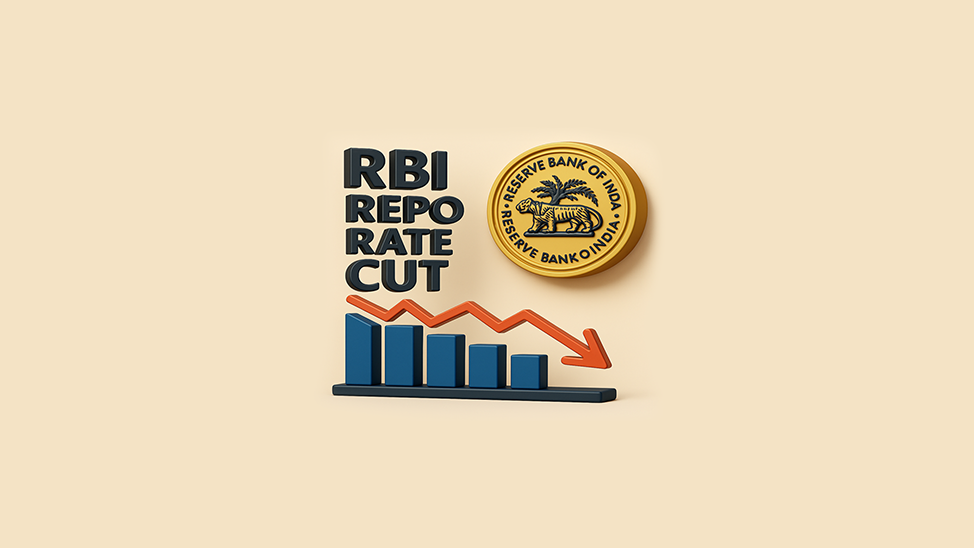Tax Saving Options for Salaried Employees

- Published Date: January 06, 2021
- Updated Date: January 29, 2025
- By Team Choice
For the Employee, “Tax Saved is Money Earned” so deliberating on the ways to “Save Tax” is as imperative as planning a career.
In a socio-economic sense, the salaried are two separate entities: The Economic Self and The Personal Self. The personal self needs discipline to remain healthy and happy, exercise, nutritious food, friends and family, not quite dissimilar is The Economic Self which remains healthy by investment discipline and diet of productive financial advice.
So we have listed some of the best tax saving options for salaried employees and are a complete overview of how the “Working” can achieve “Independence”
Option # 1:- Ignorance is not bliss, knowledge is
Section 80C. Try and read it. We know how difficult it is to read through financial jargons and cryptic language which could well be written in Mandarin or Latin, however, with patient skimming useful information will appear. This is arguably the biggest Section in Income Tax and with good reason for your Economic-Self to maximize take-home salary, legally “reduce” income tax rate with decreased tax pay-outs. Most of the tax saving tips for salaried employees will be apparent from it.
Option # 2:- And from 80C the most important figure that pops out is Rs.1,50,000
That’s the total amount one can save from their annual salary – From being taxed. Now this can be leveraged with the range of options like Insurance, PPF (Public Provident Fund) NSC (National Sales Certificate), Mutual Fund Investment and so on.
Option # 3:- Goals
What you earn, what your expenses are, dependents, dreams, contingencies, et cetera are best known to you. Investment Goals are needed simply to narrow down commitment. What is your risk appetite? Material dreams or otherwise, something tangible needs to be focused on.
Option # 4: – First Address basic needs
Life Insurance, Employee Provident Fund (If your employer qualifies for the same) Tuition Fees and such, deduct these from the 1,50,000 first.
Option # 5:- Then comes Second Rung options
Tax-Saving Mutual Funds and ULIPS (Unit-Linked Insurance Plans) are the adventurous bets while PPF and NSC are low on risk, but as they say, “The Biggest Risk is not taking any Risk”
Pension Plan: Should you choose the Pension Plan, under Sub-Section 80CCC of 80C, pension plans are eligible for tax benefits.
Contribution to the New Pension Scheme (NPS) under sub-section 80CCD also qualify for Tax Benefits
Option # 6:- Home Loan?
If availed a Home Loan, claim Tax Benefits by furnishing Proof-of-Principal repayment on the home loan, moreover, claim tax benefits under Section 24 towards interest payment on Home Loan.
Option # 7:- Other Sections are important too
When it comes to tax planning there are other sections which can help save quite a bit on taxes. We have listed the documents individuals will need to submit and avail Tax benefits under the sections:-
- Rent receipts to claim HRA tax benefit
- Medical bills to claim tax-free medical allowance
- Proof of travel to claim leave travel allowance (LTA) tax benefit – usually twice in a block of four years
- Proof of conveyance, if required by company guidelines, to claim conveyance allowance
- Premium receipt of health insurance/mediclaim, including premium paid on parents’ health insurance – Section 80D
- Statement of education loan with details of the interest component – Section 80E
- Proof of donation to a recognized charity under Section 80G
Tip #:- 8 Get in touch
Maybe, all of this can be overwhelming, but it’s perfectly understandable. Would it be better if someone can provide expert advice and handle investment too? Are Mutual Funds the right choice for you?
Recommended for you

RBI Repo Rate Cuts by 50 BPS to 5.50%

List Of Mutual Funds with No Exit Load

Aplab Ltd Right Issue 2025
